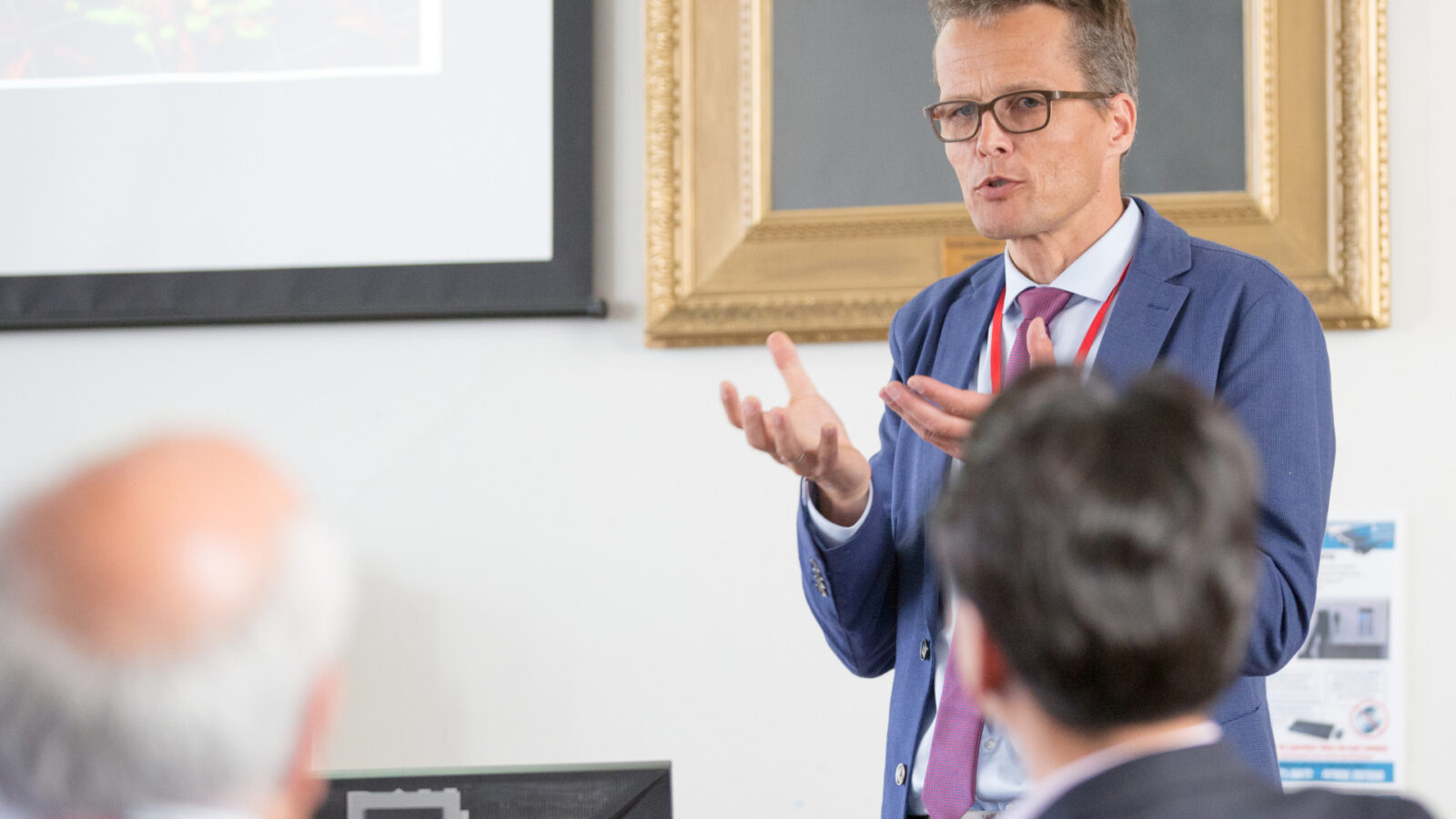The long-standing interdisciplinary network within the research fields of haematology and leukaemia between the TUD and King’s supported by the transCampus combines outstanding expertise in translational research and unique resources to conduct cutting-edge research in both fields. Both institutions already have in-depth multi-disciplinary expertise in therapies and relevant knowledge in subfields such as immunology, epigenetics, and genomics. To promote the transfer of knowledge and expand the established working network, the translational and interdisciplinary research from Dresden goes hand in hand with the fundamental research from London to yield new insights into haematological malignancies.
New treatments to fight cancer
The collaboration aims at better understanding the mechanisms and progression of diseases to discover and develop new therapies and treatments. Working towards these goals, the established network in the field of haematology has enabled researchers from both universities to work on international projects and contribute to new discoveries. Furthermore, it gave them the opportunity to publish their findings in numerous scientific papers in peer reviewed journals in the field. Moreover, they received several international and national awards for their efforts, such as the Jon J. van Rood Award by the European Society of Blood and Marrow Transplantation and the Best Presentation Award, Bloodwise, both in 2018.
This research serves as the groundwork for further joint clinical studies within the CAR-T cell programme that works with the local biobanks and datasets from Dresden, where a combined patient register and access to larger data sets will make multi-disciplinary and international studies and scientific projects possible. Already, the partnership provides the possibilities for different lines of research, for example research on Mesenchymal Stromal Cells (MSCs) or CAR-T cells with the possibilities to cooperate on research projects and combine the different strength from each involved institute.


